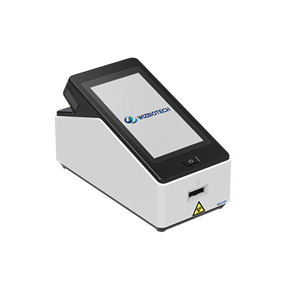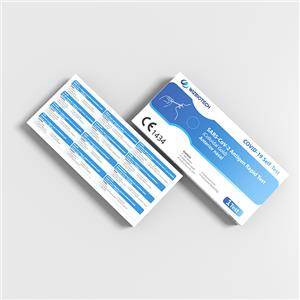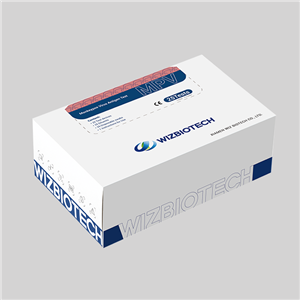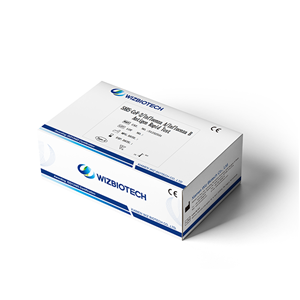Key Factors for Primary Care Facilities to Consider When Purchasing an Immunoassay Analyzer
Primary care strives to provide high-quality and efficient care, as a result the right diagnostic equipment can make a significant difference. When it comes to purchasing an immunoassay analyzer, there are several critical factors that primary care facilities should carefully evaluate.
Firstly, the analyzer's throughput and testing capabilities must align with the clinic's patient volume and testing needs. Smaller facilities typically require a more compact, lower-throughput model that can handle a moderate number of samples reliably and accurately. Opting for an analyzer with excessive capacity could result in wasted investment, while an underpowered system may struggle to keep up with demand, leading to delays and frustration.
Another essential consideration is the analyzer's ease of use. With limited technical staff, small clinics need an intuitive, user-friendly interface that allows for seamless operation, even by non-specialized personnel. Comprehensive training support and readily available troubleshooting resources can further enhance the staff's confidence in operating the equipment.

Cost-effectiveness is a primary concern for small medical facilities with tighter budgets. While the initial purchase price is crucial, clinics should also factor in ongoing operational expenses, such as reagent costs, maintenance fees, and the potential for hidden charges. Selecting an analyzer with a favorable cost-per-test ratio and minimal maintenance requirements can significantly improve the overall return on investment.
Connectivity and data management capabilities are increasingly important in the digital age of healthcare. Clinics should look for analyzers that can seamlessly integrate with their existing laboratory information systems, enabling efficient data transfer, result reporting, and patient record management. This integration can streamline workflow, reduce errors, and enhance overall patient care.
Finally, the availability of comprehensive technical support and the manufacturer's commitment to product updates and enhancements should be taken into account. Small clinics often have limited in-house technical expertise, so reliable and responsive support from the supplier is essential to ensure continuous operation and timely issue resolution.
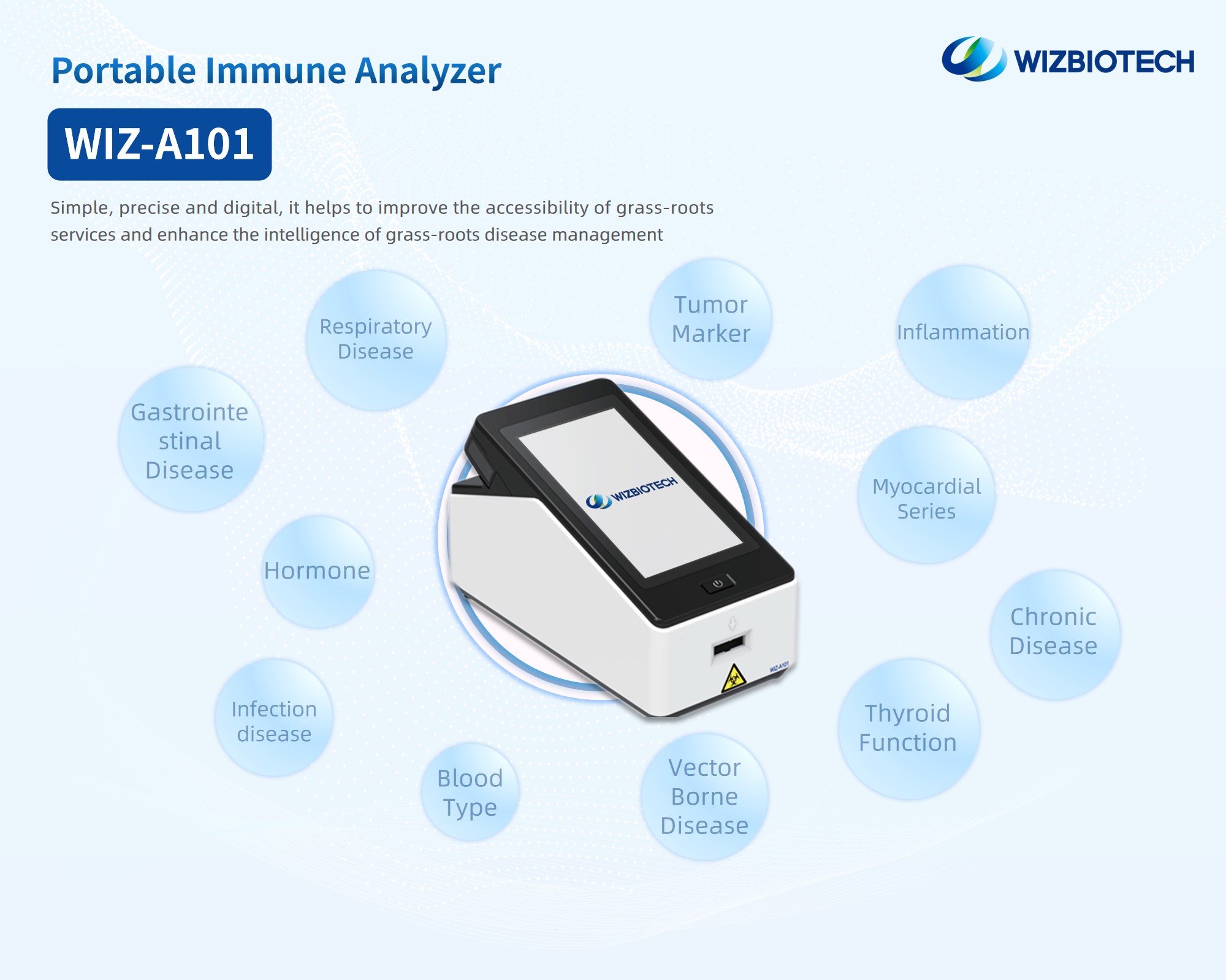
Portable immune analyzer WIZ-A101 is one of the optimal choices for primary care facilities. With maximum 150 test/hour, the point of care testing device WIZ-A101 can meet the needs of different facilities. Also, it can be connected to LIS system, which makes testing data management easier. The most important factor is its easy operation, the nurse can also operate this POCT analyzer WIZ-A101 after training.

